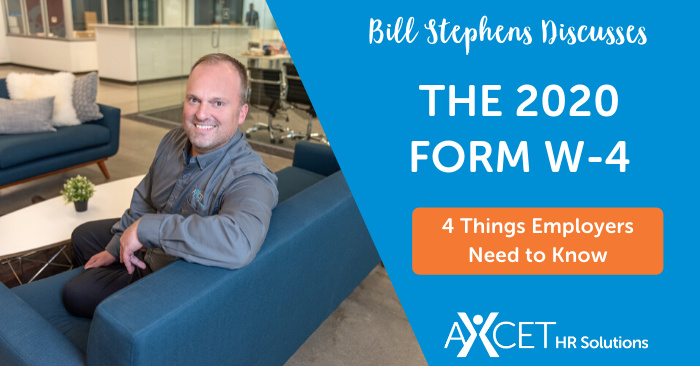By
Bill Stephens, CPP
on
Jun
24,
2020
3 min read
5 Comments

As an employer, you may receive a court order requiring you to withhold from the wages of an employee due to wage garnishment or child support obligations. Here's what you need to know when you receive an order.
To withhold wages that are court-ordered can put the employer at risk of being held in contempt of court. Additionally, in the majority of states the employer can actually be held responsible for the entire debt if they fail to withhold.
Failing to respond can be considered failing to comply, so notify the sender of the court order as soon as possible if you receive an order to withhold on somebody who is not employed by your organization.
You should set up the deduction as soon as possible after receiving them to avoid further notices and the potential for legal consequences.
Garnishments should never exceed 25% of disposable income while support should not exceed 50-65% of disposable income (depending on circumstances) and student loans are limited to 15% of disposable income.
Use disposable earnings, minus tips, to calculate the per-pay-period deduction.

It's important to note that dollars withheld for garnishments or child support orders must be set up to come out after wages are taxed.
Federal law protects employees who have a single wage garnishment from being fired on the basis of the garnishment.
If you don't have an expert in-house or are unable to accommodate the strict timelines associated with garnishment and child support orders, consider partnering with a PEO. If you already partner with a PEO, find out what services they offer in relation to garnishments and child support.
If it is possible, inform employees that money will be coming out of their paychecks and when. It is not a requirement, as the employee should have also received a notice, but it is good customer service.
Wage garnishment administration requires multiple steps: processing certified mail in a timely manner, setting up the garnishment according to state and federal law, turning over withheld funds to the debtor or legal office, and stopping garnishments according to the order.
In conclusion, understanding the intricacies of wage garnishment and child support is vital for both employers and employees. Axcet HR Solutions, the trusted provider of payroll services and Kansas PEO, can assist you in navigating these complex matters with expertise and efficiency. Contact us today to ensure compliance with wage garnishment laws, manage child support orders accurately, and streamline your payroll processes.
With Axcet HR Solutions as your partner, you can focus on your core business while entrusting your payroll services to professionals who understand the nuances of wage garnishment and child support. Reach out now and let us help you handle these important financial obligations with confidence and precision
Let us know what you think...